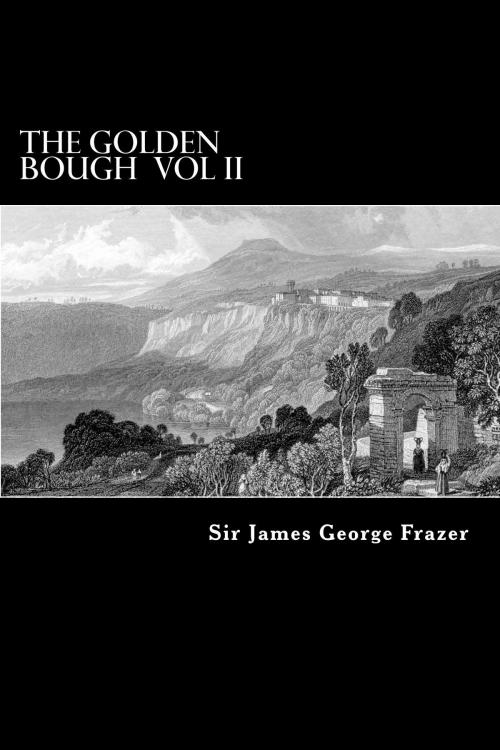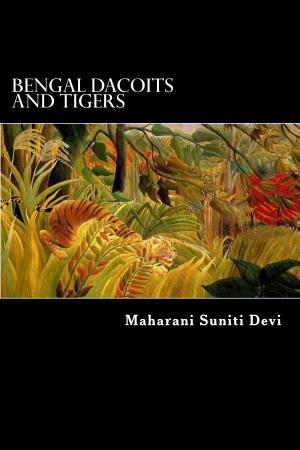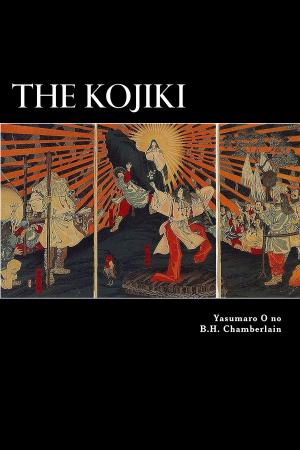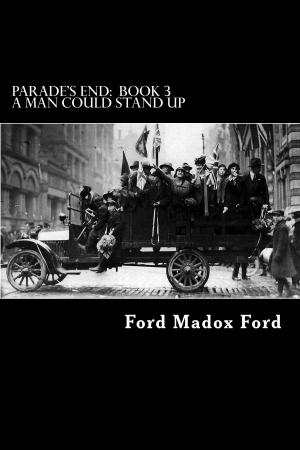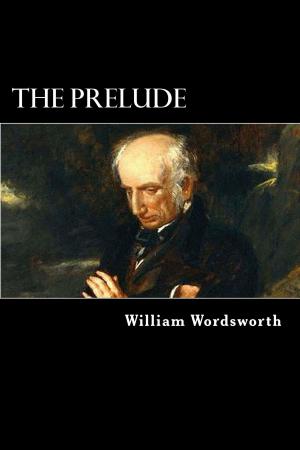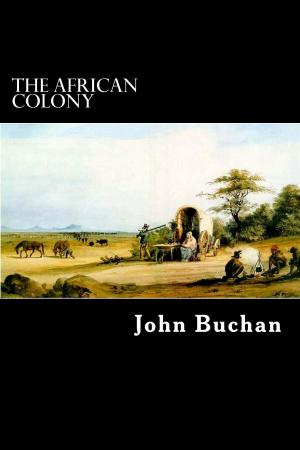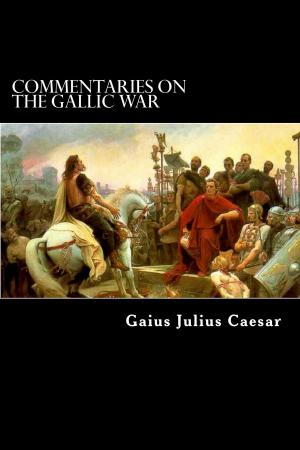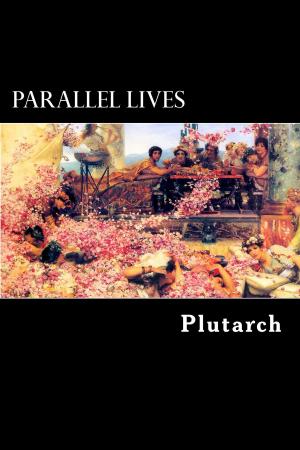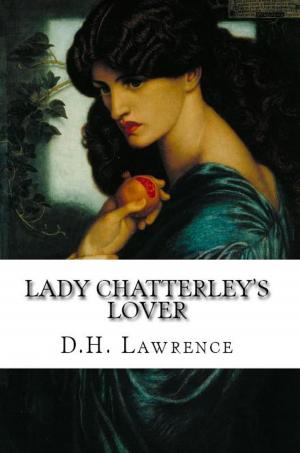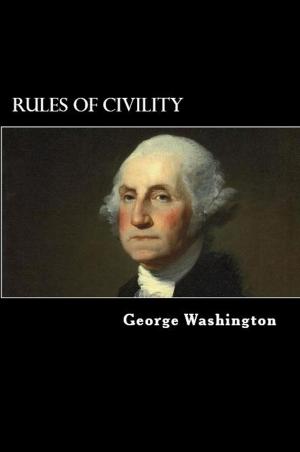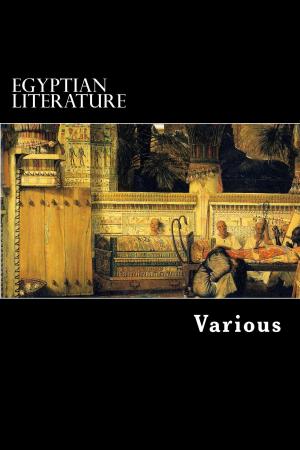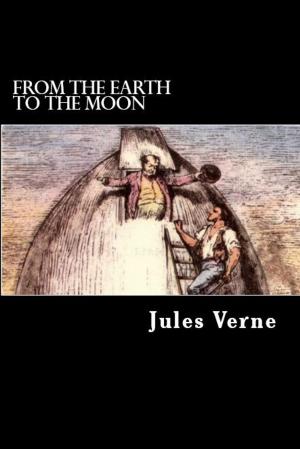The Golden Bough Vol II
A Study of Magic and Religion
Nonfiction, History, Civilization, Religion & Spirituality, Inspiration & Meditation, Spirituality, Theology| Author: | Sir James George Frazer | ISBN: | 1230000100820 |
| Publisher: | Herne Ridge Ltd. | Publication: | January 19, 2013 |
| Imprint: | Language: | English |
| Author: | Sir James George Frazer |
| ISBN: | 1230000100820 |
| Publisher: | Herne Ridge Ltd. |
| Publication: | January 19, 2013 |
| Imprint: | |
| Language: | English |
The Golden Bough: A Study in Magic and Religion is a wide-ranging, comparative study of mythology and religion, written by Scottish anthropologist Sir James George Frazer. It was first published in 1890. The work was aimed at a wide literate audience raised on tales as told in such publications as Thomas Bulfinch's The Age of Fable, or Stories of Gods and Heroes (1855). It offered a modernist approach to discussing religion, treating it dispassionately as a cultural phenomenon rather than from a theological perspective. The impact of The Golden Bough on contemporary European literature was substantial. This is Vol II of the 1922 edition.
Sir James George Frazer FRS FRSE FBA OM (1 January 1854 – 7 May 1941), was a Scottish social anthropologist influential in the early stages of the modern studies of mythology and comparative religion. He is often considered one of the founding fathers of modern anthropology. His most famous work, The Golden Bough , documents and details similar magical and religious beliefs across the globe. Frazer posited that human belief progressed through three stages: primitive magic, replaced by religion, in turn replaced by science.
The Golden Bough: A Study in Magic and Religion is a wide-ranging, comparative study of mythology and religion, written by Scottish anthropologist Sir James George Frazer. It was first published in 1890. The work was aimed at a wide literate audience raised on tales as told in such publications as Thomas Bulfinch's The Age of Fable, or Stories of Gods and Heroes (1855). It offered a modernist approach to discussing religion, treating it dispassionately as a cultural phenomenon rather than from a theological perspective. The impact of The Golden Bough on contemporary European literature was substantial. This is Vol II of the 1922 edition.
Sir James George Frazer FRS FRSE FBA OM (1 January 1854 – 7 May 1941), was a Scottish social anthropologist influential in the early stages of the modern studies of mythology and comparative religion. He is often considered one of the founding fathers of modern anthropology. His most famous work, The Golden Bough , documents and details similar magical and religious beliefs across the globe. Frazer posited that human belief progressed through three stages: primitive magic, replaced by religion, in turn replaced by science.
